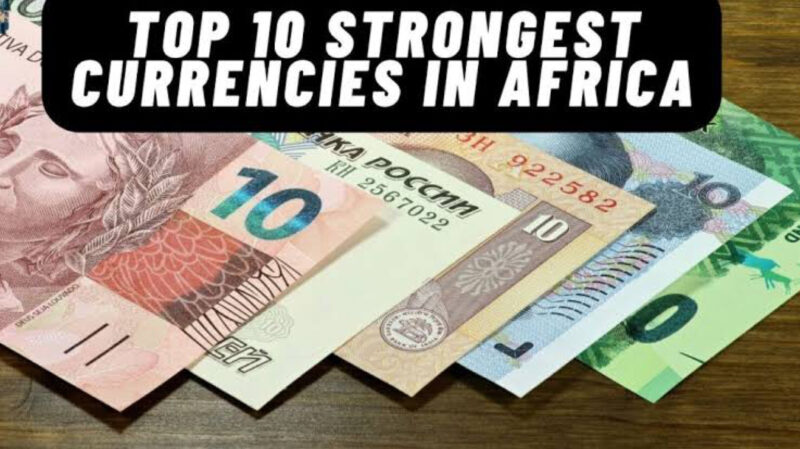The Importance of Strong Currencies in Africa’s Economic Landscape
In the quest for sustainable economic growth and enhanced global competitiveness, the stability of a nation’s currency is critical, especially for African countries. A resilient currency plays a vital role in controlling inflation, stabilizing exchange rates, and boosting investor confidence all essential components for long-term economic development.
Recent months have seen various African nations grappling with economic fluctuations, highlighting the urgent need for stable currencies. A strong currency mitigates inflationary pressures, reduces import costs, and provides businesses and investors with a clearer financial planning framework.
As of March 26, 2025, the Forbes currency converter has identified the top ten strongest currencies in Africa against the U.S. dollar:
- Tunisian Dinar (Tunisia) – 3.09
- Libyan Dinar (Libya) – 4.83
- Moroccan Dirham (Morocco) – 9.57
- Botswanan Pula (Botswana) – 13.62
- Seychellois Rupee (Seychelles) – 14.37
- Eritrean Nakfa (Eritrea) – 15.00
- Ghanaian Cedi (Ghana) – 15.49
- Lesotho Loti (Lesotho) – 18.15
- Namibian Dollar (Namibia) – 18.15
- South African Rand (South Africa) – 18.15
These currencies underscore the essential role of economic stability in fostering a conducive environment for growth and investment in the region. In a dynamically changing global economy, the strength of a currency can be a determining factor in a nation’s economic success.










Join our Channel...